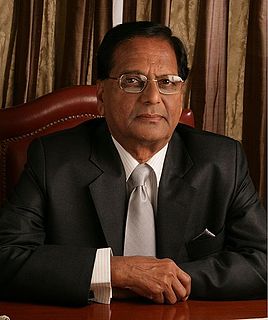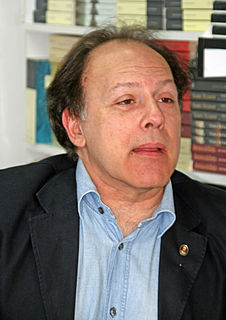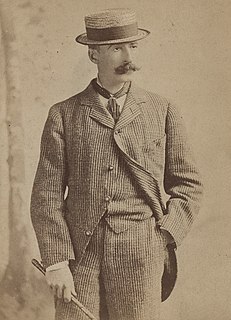A Quote by Doris Lessing
What I did have, which others perhaps didn't, was a capacity for sticking at it, which really is the point, not the talent at all. You have to stick at it.
Related Quotes
Talent is able to achieve what is beyond other people's capacity to achieve, yet not what is beyond their capacity of apprehension; therefore it at once finds its appreciators. The achievement of genius, on the other hand, transcends not only others' capacity of achievement, but also their capacity of apprehension; therefore they do not become immediately aware of it. Talent is like the marksman who hits a target which others cannot reach; genius is like the marksman who hits a target, as far as which others cannot even see.
The choice to follow love through to its completion is the choice to seek completion within ourselves. The point at which we shut down on others is the point at which we shut down on life. We heal as we heal others, and we heal others by extending our perceptions past their weaknesses. Until we have seen someone’s darkness, we don’t really know who that person is. Until we have forgiven someone’s darkness, we don’t really know what love is. Forgiving others is the only way to forgive ourselves, and forgiveness is our greatest need.
The fact that, with time, this League [of Nations]-which was presumably designed by its founders to exist for all eternity-cannot be coupled with a Treaty the short term of which is inherent in its own weaknesses and impracticabilities, is a point which can perhaps be contested by today's interested parties, but which will one day be deemed a matter of course in history.
I feel that talent means little unless coupled with an insatiable desire to give an excellent personal demonstration of ability...talent must be in company with a capacity for unlimited effort which provides the power that eventually hurdles the difficulties that would frustrate lukewarm enthusiasm.
Whether it’s a symphony or a coal mine, all work is an act of creating and comes from the same source: from an inviolate capacity to see through one’s own eyes-which means: the capacity to perform a rational identification- which means: the capacity to see, to connect and to make what had not been seen, connected and made before.
The truth never shines forth, as the saying goes, because the only truth is that which is known to no one and which remains untransmitted, that which is not translated into words or images, that which remains concealed and unverified, which is perhaps why we do recount so much or even everything, to make sure that nothing has ever really happened, not once it's been told.
At the center of our being is a point of nothingness which is untouched by illusion, a point of pure truth, a point or spark which belongs entirely to God, which is never at our disposal, from which God disposes of our life, which is inaccessable to the fantasies of our own mind or the brutalities of our own will. This little point of nothingness and of absolute poverty is the pure glory of God in us.
Correct is to recognize what diseases are and whence they come; which are long and which are short; which are mortal and which are not; which are in the process of changing into others; which are increasing and which are diminishing; which are major and which are minor; to treat the diseases that can be treated, but to recognize the ones that cannot be, and to know why they cannot be; by treating patients with the former, to give them the benefit of treatment as far as it is possible.






































